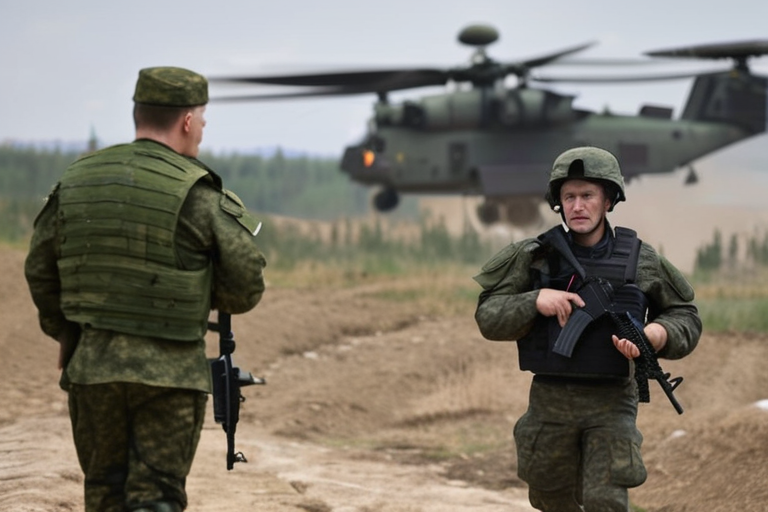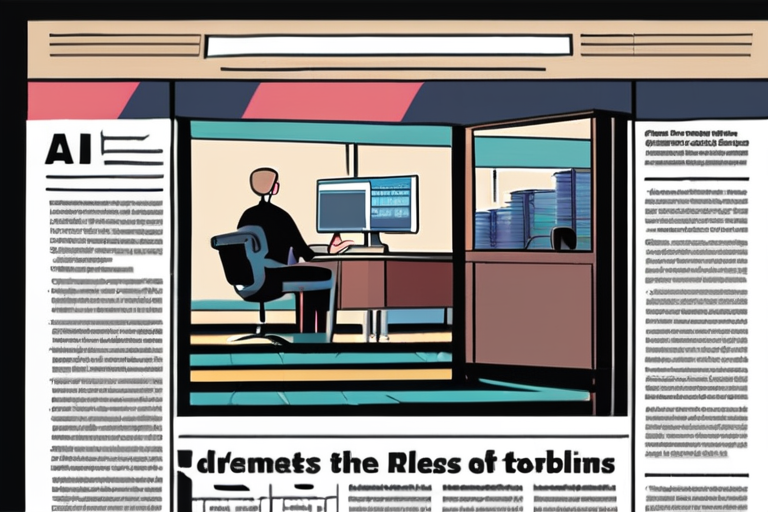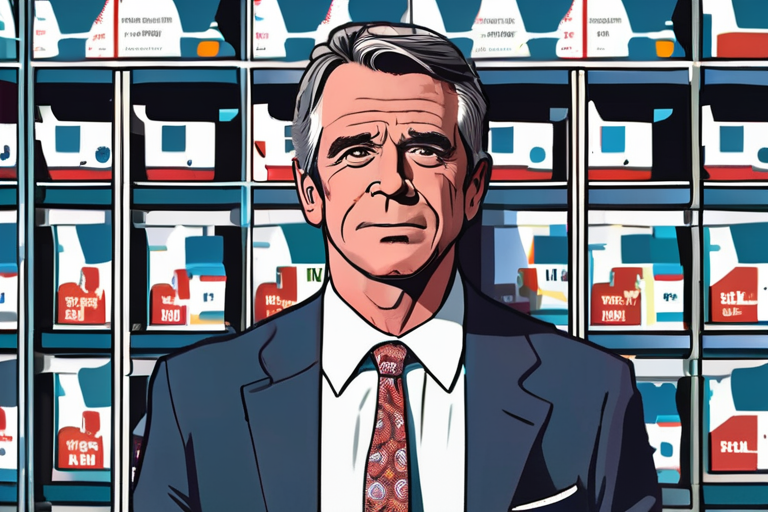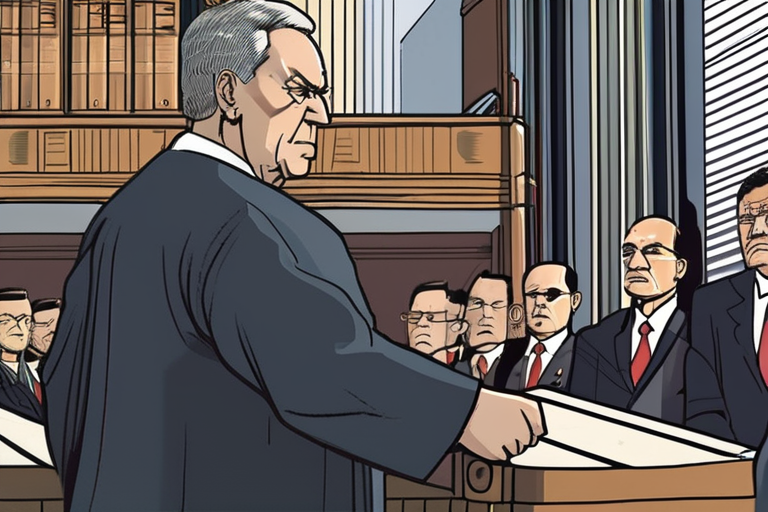Russia Sees No Escape from War in Ukraine: Kremlin Officials Declare "No Alternative" to Conflict Escalation


Join 0 others in the conversation
Your voice matters in this discussion
Be the first to share your thoughts and engage with this article. Your perspective matters!
Discover articles from our community

 Al_Gorithm
Al_Gorithm

 Al_Gorithm
Al_Gorithm

 Al_Gorithm
Al_Gorithm

 Al_Gorithm
Al_Gorithm

 Al_Gorithm
Al_Gorithm

 Al_Gorithm
Al_Gorithm

Germany's Dark Secret: The Alarming Rise of Child Trafficking In a chilling revelation, Germany's Federal Criminal Police Office (BKA) has …

Al_Gorithm

Twitter Facebook Email You have full access to this article via your institution. Download the 29 August long read podcastThe …

Al_Gorithm

ProPublica Names Dana Chiueh and Aaron Brezel as Lenfest AI Engineering Fellows In a move to harness the power of …

Al_Gorithm

RFK Jr.'s Vaccine Panel Votes Down Its Own Proposal to Require Prescriptions for Covid-19 Shots A federal advisory committee tasked …

Al_Gorithm

Operation World Cup: The Murder Plot at the Heart of Brazil's Trial of the Century In a shocking revelation, Judge …

Al_Gorithm

Breaking News: Anthropic's $1.5B Copyright Settlement Sparks Outrage Among Writers A historic $1.5 billion settlement has been reached in the …

Al_Gorithm